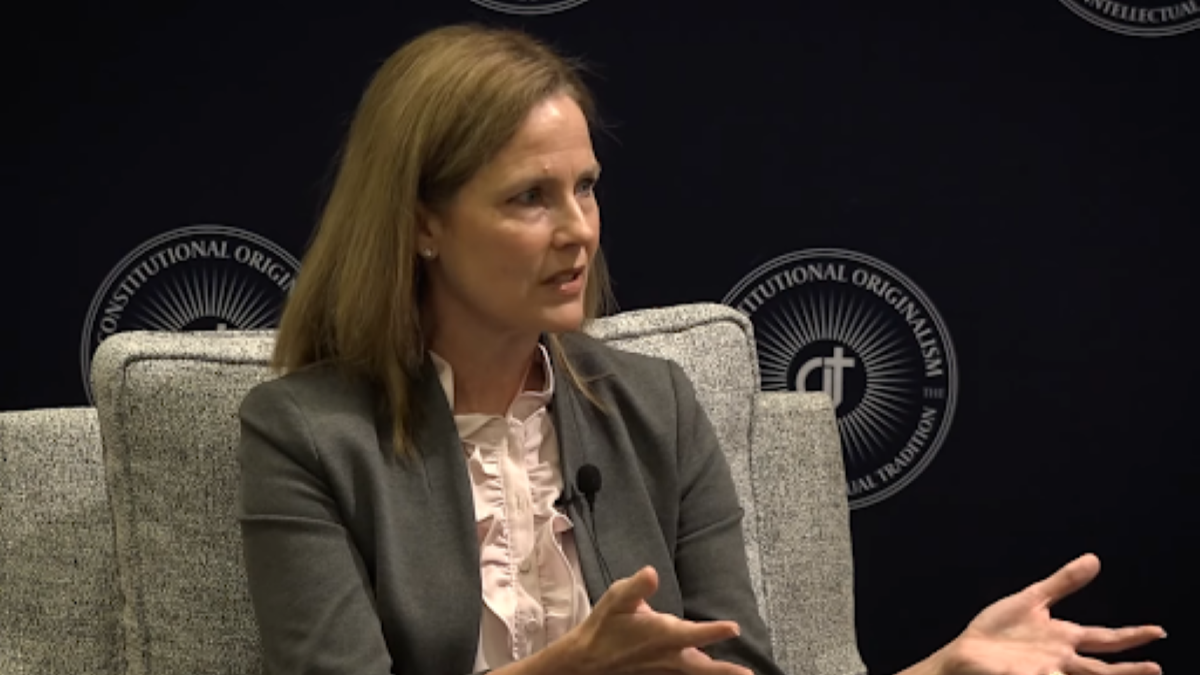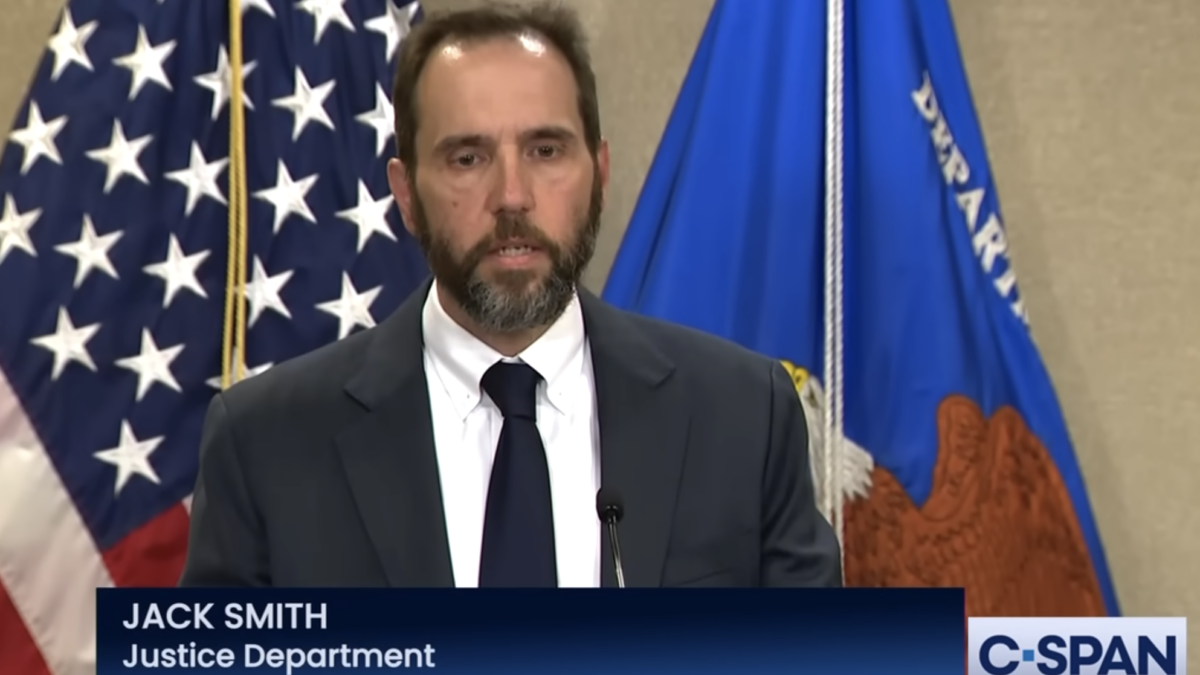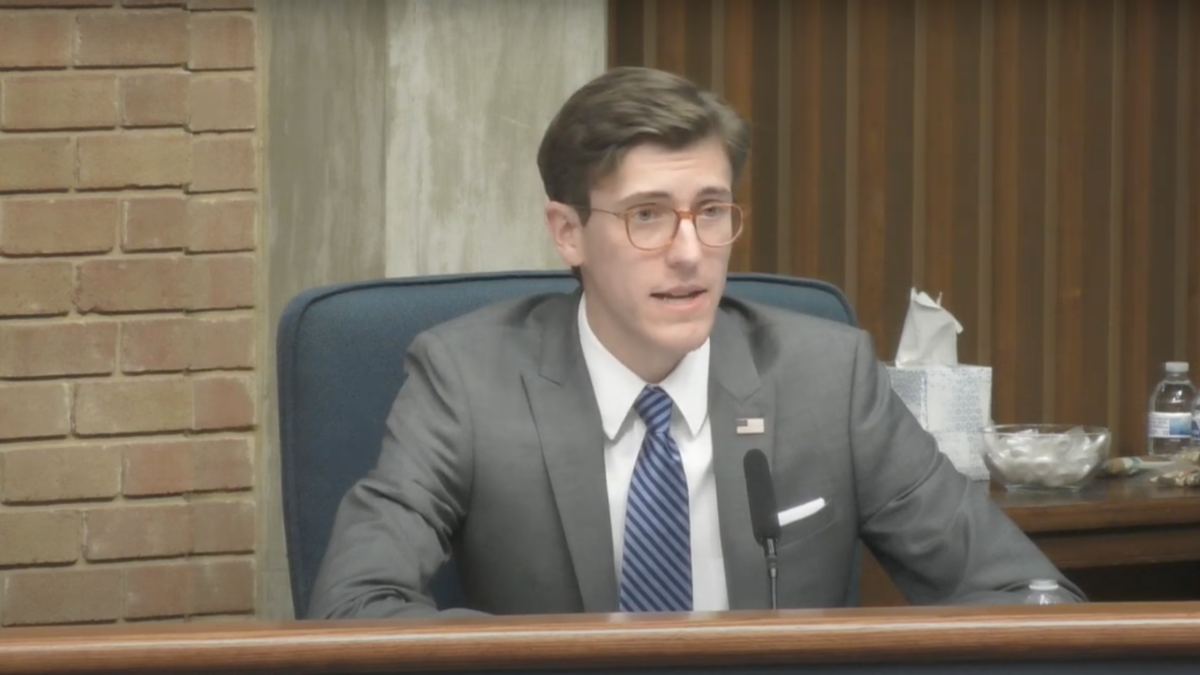
The U.S. Supreme Court ruled 6-3 on Thursday that U.S. citizens do not have a constitutional right to guarantee their noncitizen spouse admittance into the country, something President Joe Biden tried to cement in his most recent executive order concerning the ongoing border invasion.
American Sandra Muñoz sued the federal government after her husband, Luis Asencio-Cordero, an MS-13 gang member, was denied a visa by U.S. Citizenship and Immigration Services in 2015 due to “unlawful activity” the immigration officer suspected based on a gang affiliation tattoo he spotted on the El Salvador native during the interview.
Asencio-Cordero, a noncitizen, eventually “disavowed any gang membership” and, with Muñoz’s help, tried to appeal the visa case with the Department of State. The federal agency, however, agreed with USCIS’s decision, effectively asserting (along with the Supreme Court’s judgment Thursday) that a noncitizen like Asencio-Cordero has “no constitutional right to enter the United States.”
Muñoz claimed that this decision abridged her Fifth Amendment “liberty interest” and falsely construed her right to “fundamental right to marriage” as a “right to reside with her noncitizen spouse in the United States.”
The Ninth Circuit initially agreed that the Due Process Clause afforded Muñoz the right to a “facially legitimate and bona fide reason” for her husband’s denial. The high court, however, overturned this judgment.
“Muñoz’s claim to a procedural due process right in someone else’s legal proceeding would have unsettling collateral consequences,” the court wrote. “Her position would usher in a new strain of constitutional law — one that prevents the government from taking actions that ‘indirectly or incidentally’ burden a citizen’s legal rights.”
In the majority opinion, Justice Amy Coney Barrett noted that Muñoz ’s argument “fails at the threshold” because it does not prove “the right to bring her noncitizen spouse to the United States is an unenumerated constitutional right.”
“To establish this premise, she must show that the asserted right is ‘deeply rooted in this Nation’s history and tradition.’ She cannot make that showing. In fact, Congress’s longstanding regulation of spousal immigration — including through bars on admissibility — cuts the other way,” Barrett wrote.
Barrett noted that Congress has “streamlined the visa process for noncitizens with immediate relatives in the United States” but does not guarantee a certain outcome.
“From the beginning, the admission of noncitizens into the country was characterized as ‘of favor [and] not of right,’” she wrote.
President Joe Biden announced an executive order last week that would award amnesty to half a million illegal immigrants in situations like this one. The order not only deliberately shields noncitizens who are married to U.S. citizens, like Asencio-Cordero, from deportation but also gives them explicit permission to reside and work in the country.
The Supreme Court’s rebuke of Muñoz’s case does not directly involve Biden’s latest action, but its detailed takedown does suggest that Democrats’ attempt to usher in amnesty for hundreds of thousands of noncitizens has no constitutional standing.









